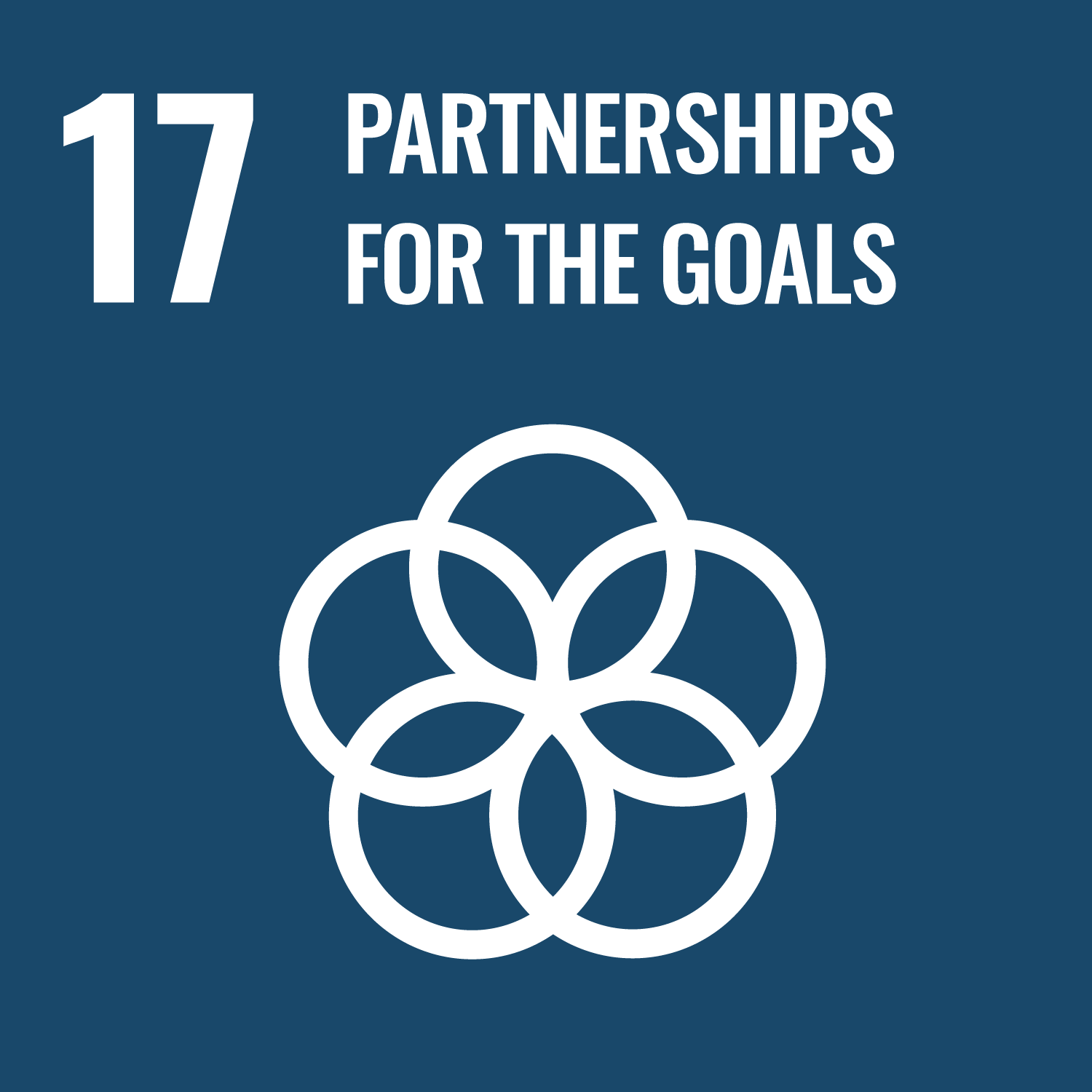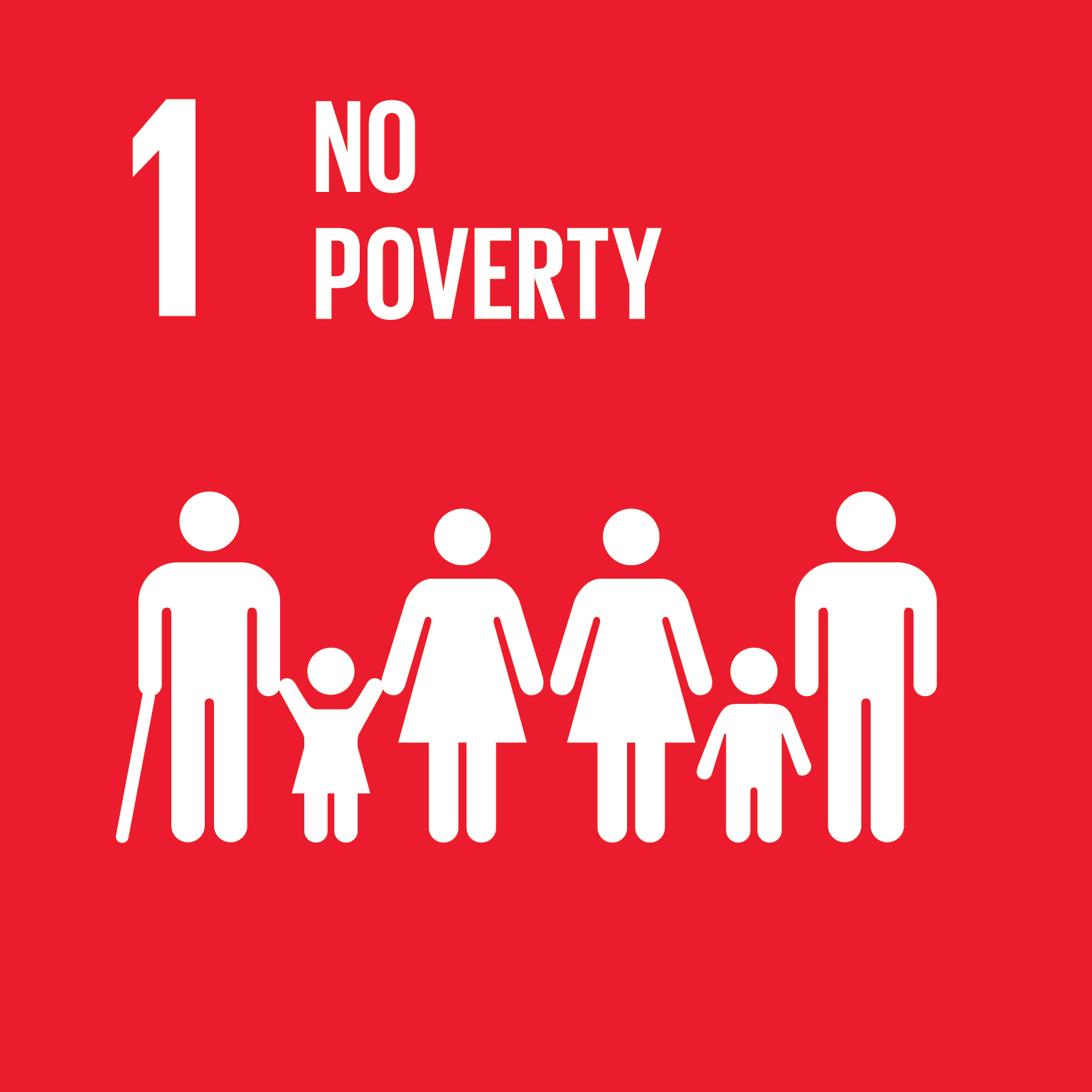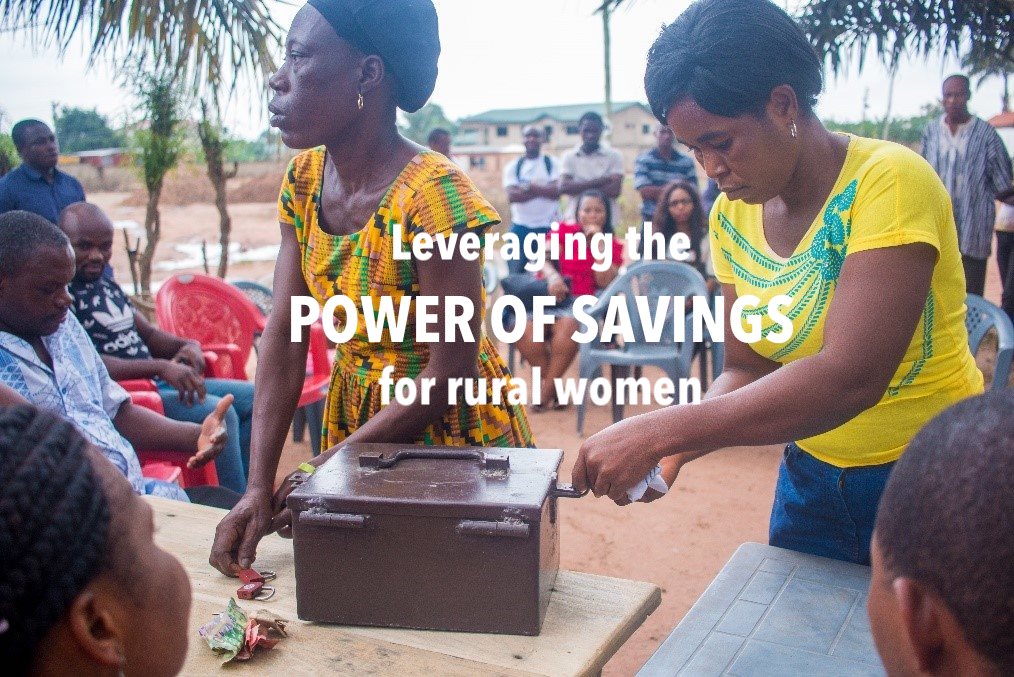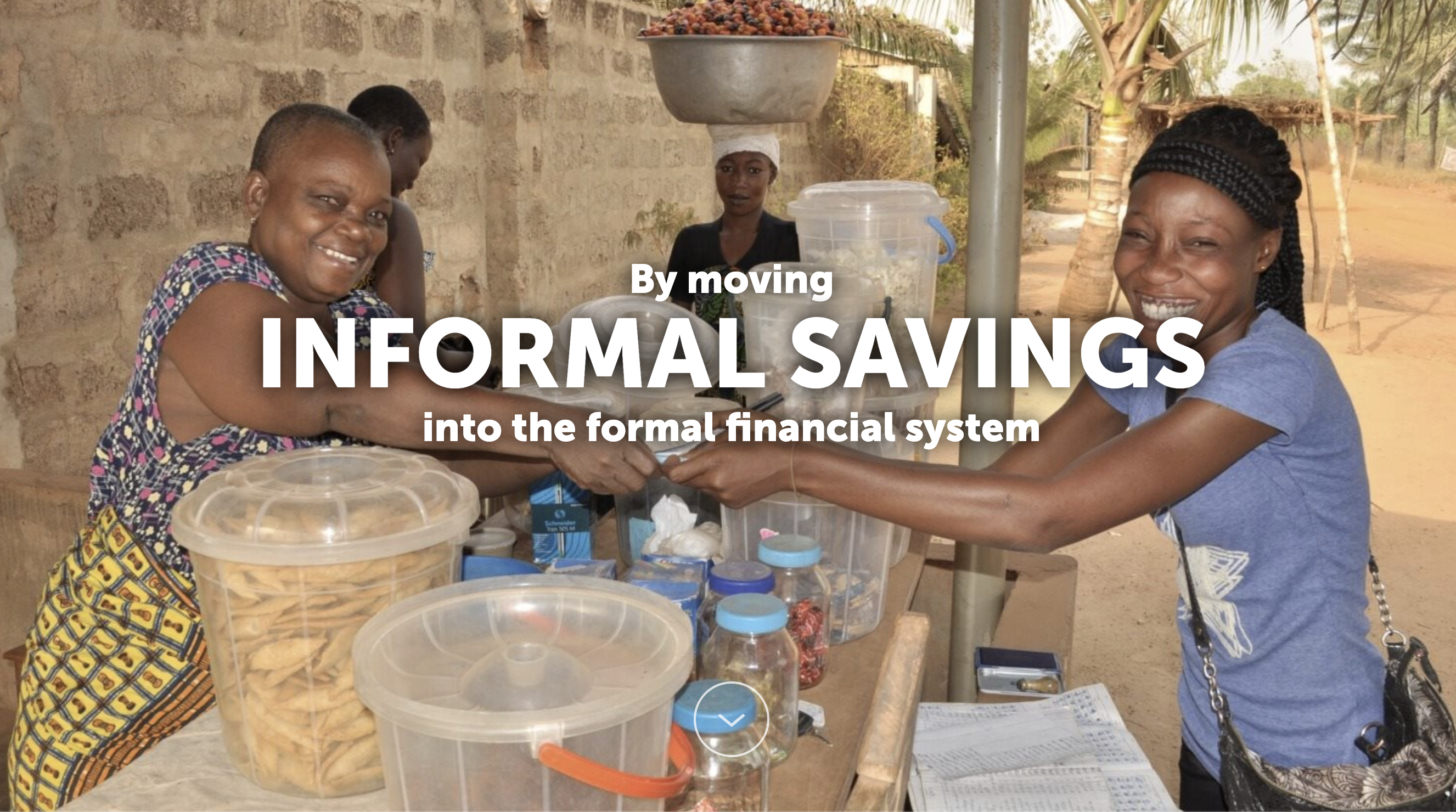MicroLead
Improving the access to financial services for low-income people and small firms for more inclusive economic growth
Challenges
While the global outreach of microfinance has grown over the past 30 years, an estimated 2.7 billion people around the world do not use formal financial services. About 56 per cent of adults worldwide remain unbanked. While access to financial services, particularly deposit services, underpins the ability of low-income people to achieve sustainable progress on their own terms, enhance their capacities to weather shocks, smooth income streams and save for the future, providing these services on a profitable basis to low- income rural people remains a major challenge for most financial service providers.
Towards a Solution
The global initiative MicroLead was created in 2008 by the United Nations Capital Development Fund (UNDCF) in partnership with the Bill & Melinda Gates Foundation in order to support regulated financial service providers to develop and roll out financial services, particularly deposit services. It has since been giving the underserved rural poor in developing countries in Africa and Asia access to and use of financial services, most notably deposit services, improving the access of low-income people and small firms to savings and a broader range of financial services for more inclusive economic growth.
The initiative conducts market research, new product and channel development, pilots and scaling in order to help financial service providers to reach target populations. Annual partner meetings, quarterly webinars and semi-annual newsletters are used to build a community of practice and share lessons across projects and programmes. Exchange visits and sponsorships of training and conferences also contribute to horizontal learning.
The MicroLead approach includes steps to: (a) offer grants and loans that incentivize financial service providers to start up new or strengthen existing financial institutions that target underserved low-income people with savings, particularly in countries struggling to recover from crisis and conflict; (b) select home-grown microfinance providers to expand their reach by taking a variety of approaches, transform microfinance institutions into regulated deposit-taking institutions, and provide technical assistance to in-country financial institutions; (c) support technical advisers who help providers to develop institutional capacity to extend their reach; and (d) hold annual partner workshops, exchange visits, sponsorship of training and conferences and generate webinars and newsletters.
In phase I, MicroLead worked with Southern-based microfinance market leaders to enter new underserved markets, with a focus on deposit services. In the current phase (II), it works with a wide range of financial service providers (banks, microfinance institutions, cooperatives) to support the development, piloting and scaling up of deposit services and alternative delivery channels for the rural low-income population, with a focus on women. Deposit services enable poor people to manage their risks and help to prevent them from falling back into poverty as a result of shocks and unplanned occurrences.
The funding awarded in 21 countries for 30 projects (working with 40 financial service providers) and totaling $44.5 million has enabled partners to reinforce their deposit offerings, reach previously untapped rural markets, and build the capacity of financial institutions to pilot and roll out sustainable financial services. This is especially true for savings, which will lead to over 2 million additional active small- balance depositors by the end of 2016, most of whom are women and rural dwellers. A mid-term evaluation has revealed high satisfaction regarding products developed under MicroLead, with women having more uptake than men. For example, NBS Bank in Malawi embarked upon a proprietary agent network that now counts over 235 agents nationwide, facilitating access to its innovative branchless Pafupi (meaning ?close to you?) savings product. The consolidation of Umurenge savings and credit cooperatives (U-SACCOs) in Rwanda, supported by MicroLead in partnership with the World Council of Credit Unions, has strengthened existing U-SACCOs, which are key to the stellar progress of Rwanda in financial inclusion, targeting both individuals and savings groups.
MicroLead also supported the transformation of Sinapi Aba Trust from a credit-only institution to a full-fledged deposit-taking savings and loan organization. The depositor base grew from 70,000 (mainly borrowers) to over 200,000 active depositors and the loan-to-deposit ratio of the organization stands above 82 per cent from a baseline of 5 per cent. Sinapi Aba Trust has deployed 156 mobile agents equipped with point-of-sale devices that now handle 10 per cent of total transactions.
In Burkina Faso, MicroLead supports FCPB (the largest credit union network in West Africa) and SOFIPE (a medium-sized microfinance institution that is a subsidiary of EcoBank) in a savings group linkage project. The project, started in 2014, tests several innovations, such as (a) the financial-service-provider approach to savings group linkage; (b) the reliance on mobile network agents for savings linkage; and (c) mobile-phone-supported financial education modules customized to meet specificities of rural women.
Use of digital financial services, doorstep delivery and linking savings groups are the three major innovations of the initiative. Examples include branchless savings accounts for low-income clients; savings products targeted at savings groups looking to link to financial institutions; alternative delivery channels that include cell-phone banking; Netbooks with loan officers and mobile bankers equipped with point-of-sale devices to encourage savings uptake; daily deposit collection for customers (mainly women); and linkage of savings groups to formal deposit accounts.
MicroLead builds national capacity of financial service institutions to guarantee long-term sustainability. For example, in Malawi, NBS Bank is the only bank that has rolled out a proprietary agent network to reach deep into rural areas; other banks are now interested in roll-out. In Ghana, MicroLead worked with an international non- governmental organization and a bank to link informal savings groups to the bank. In Liberia, MicroLead was instrumental in drafting new credit union regulations.
MicroLead partners include microfinance market leaders, financial service providers (banks, microfinance institutions, cooperatives), rural low-income populations, government counterparts, CARE International, Freedom from Hunger, the World Council of Credit Unions (WOCCU), Women?s World Banking (WWB), MEDA, BASIX, OI, national microfinance associations, community-based organizations, low-income and rural communities, and women.
Contact Information
Ms. Pamela Eser, MicroLead Programme Manager, UNCDF
Countries involved
Benin, Bhutan, Burkina Faso, Burundi, Cameroon, Ghana, Liberia, Malawi, Myanmar, Rwanda, Uganda, United Republic of Tanzania
Implementing Entities
UNCDF
Project Status
Ongoing
Project Period
9/2008
URL of the practice
www.uncdf.org/en/microleadPrimary SDG
08 - Decent Work and Economic Growth
Secondary SDGs
01 - No Poverty, 02 - Zero Hunger, 05 - Gender Equality, 10 - Reduced Inequalities, 17 - Partnerships for the Goals
Primary SDG Targets
8.1 8.2 8.3 8.5 8.6 8.8Similar Solutions











